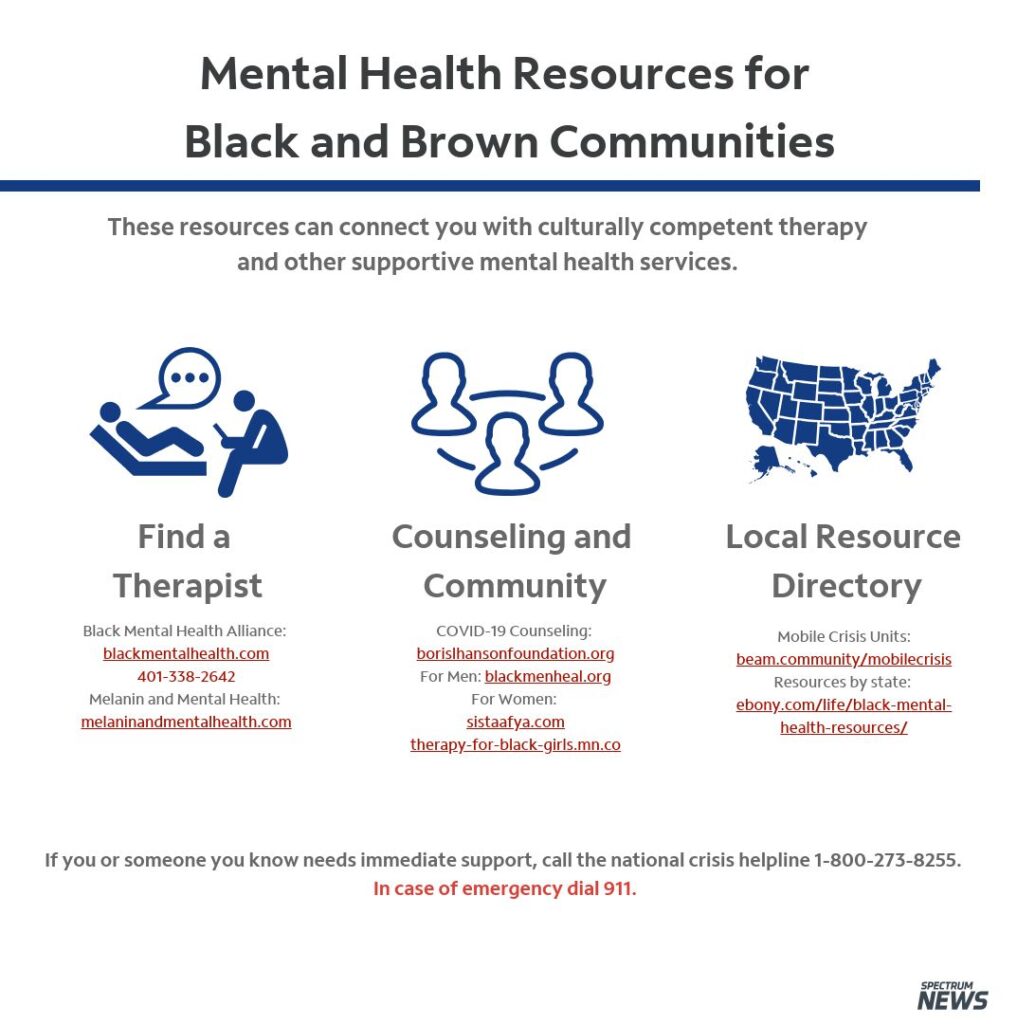( ENSPIRE Health & Wellness ) Sharing the Journey: A Guide for Families Navigating Mental Health Challenges
Mental health awareness has taken great strides forward, but the journey can feel particularly isolating for families dealing with a loved one struggling internally. You may feel you’ve lost a piece of who they once were, witnessing a shift in behavior or mood that disrupts the entire family dynamic. The key phrase here is “they” – the illness doesn’t define your loved one but can significantly impact their actions and choices. As frustrating as it can be, forcing help onto an adult who doesn’t want it isn’t an option. Families are responsible for navigating a complex landscape of emotions, self-care, and finding the right resources.
In my life, I’ve recently faced the heartbreaking reality of mental illness affecting a loved one. Someone I once confided in isn’t the same person anymore. The hope for positive change hasn’t materialized, and I’ve had to confront my enabling behavior. It was challenging to accept my role, as I believed I was simply supporting a family member. These past few months have been incredibly taxing. Their grasp on reality seemed fragmented, leading to manipulation and a refusal to focus on self-improvement. Anger outbursts became increasingly disruptive, making being around our parents impossible. The situation escalated to a point where the damage they caused went unseen, leaving me helpless.

This situation has shattered my world, and I can’t imagine anyone else going through this alone. Statistics paint a concerning picture – Black Americans are 20% more likely to have severe psychological distress than whites. It’s a statistic that feels terrifyingly close to home right now. Hope can feel like a flickering candle in a storm, but it’s our only light.
Choosing to love from a distance and pray isn’t easy, but for now, it’s what I have to do. Just like many others facing this, I’ve sought help from the same organizations that support those with mental disorders because they understand the devastating ripple effect on families. Sharing this story isn’t about pity; it’s about solidarity. You’re not alone. Resources exist for you and your loved ones. Remember, sometimes the bravest thing you can do is break the cycle – try something different. It’s the only way to rewrite the narrative and reclaim hope for a brighter future.

Driven by love and desperation, I researched and called prevention hotlines. The phone calls were lengthy and emotionally draining. Each time, I had to recount the entire story – the background, the present struggles, and answer countless questions. It felt like a never-ending loop until, finally, a glimmer of hope. A phone call back. “We can help you,” they said. Relief washed over me, but the journey wasn’t over. They would connect me to the closest response team. This wasn’t just about getting help for my loved one and finding support for myself. Sharing this story isn’t about pity; it’s about solidarity. You’re not alone. Resources exist for you and your loved ones. Remember, sometimes the bravest thing you can do is break the cycle – try something different. It’s the only way to rewrite the narrative and reclaim hope for a brighter future.
This fight feels relentless. Securing help was just the first hurdle. The most agonizing part unfolds: getting my loved one to accept it. He feels abandoned, convinced no one cares. The people who spent years trying to hold him up – perhaps even inadvertently enabling some behaviors – are now seen as the enemy. It’s a heartbreaking distortion, but it’s the illness talking, not him.
Loving someone who sees you as their worst enemy is an excruciating experience. It tears at your core, this constant battle against his perception. But we hold on because we know this isn’t him. This is the illness twisting his reality. It’s a gruesome process, a constant hope for a turning point. We endure, clinging to the belief that one day, he’ll see the love again, the support that’s never wavered. Until then, this is our fight, and we fight because we love him.
Witnessing this distorted reality firsthand can be a confusing and isolating experience. It can also be a wake-up call, urging us to learn more about mental illness and its warning signs. After all, how can we support our loved ones if we don’t recognize their struggles? This is where understanding the red flags becomes crucial.

Identifying the Signs:
The first step is acknowledging the changes. Here are some red flags:
- Significant shifts in mood, like persistent sadness or irritability.
- Withdrawn behavior or isolation from loved ones.
- Difficulty sleeping or changes in appetite.
- Neglecting personal hygiene or responsibilities.
- Increased substance abuse or reckless behavior.
These changes may not always be a clear sign of mental illness, but they warrant a conversation.
What Not to Do:
- Enable: Protecting your loved one from consequences can hinder their growth and recovery.
- Antagonize: Conflict and frustration won’t motivate change.
- Engage When They’re Not Receptive: Choose a calm moment for open communication.
Taking Action for Your Loved One:
- Educate Yourself: Learn about different mental health conditions and available treatments.
- Gather Resources: Compile a list of local therapists, support groups, and hotlines.
- Offer Support: Let them know you care and want to help in any way you can.
- Encourage Professional Help: Offer to accompany them to an appointment.
Taking Care of Yourself:
It’s easy to lose sight of your well-being when supporting someone else. Here’s what you can do:
- Set Boundaries: It’s okay to say “no” to protect your mental health.
- Practice Self-Care: Prioritize activities that nourish your mind, body, and spirit.
- Seek Support: Talk to friends, family, or a therapist about your experiences.
- Join a Support Group: Connect with others navigating similar challenges.
Finding Hope
This path will be challenging, but remember, you’re not alone. Resources are available, both locally and nationally, to guide you and your family.
Local Resources:
- National Alliance on Mental Illness (NAMI): https://www.nami.org/ offers support groups and educational resources.
- MentalHealth.gov: https://www.samhsa.gov/mental-health provides information and treatment referrals.
National Resources:
- Crisis Text Line: Text HOME to 741741 for 24/7 crisis support.
- The Jed Foundation: https://jedfoundation.org/ offers mental health resources for teens and young adults.
- The Trevor Project: https://www.thetrevorproject.org/ provides crisis intervention and suicide prevention services to LGBTQ youth.
You are not alone. Mental illness touches countless families, and the weight it carries can feel overwhelming. Sharing my story is an act of solidarity, a beacon in the storm to let you know you’re not lost at sea. This journey requires immense strength, but remember, your struggles do not define you. Taking care of yourself – your mental and emotional well-being – is not a luxury; it’s essential. By seeking support and practicing self-care, you can create a path paved with hope for your loved one and yourself. Together, we can weather this storm and find brighter days ahead.
Related Articles: “Mind Your Business, Brother” Hosted for Black Men’s Mental Health, 7 Million African Americans Reported Mental Illness Last Year – Mental Health Advocate Offers Help, Keisha Saunders, LCMHC Specializes Her Mental Health Practice at Confidential Confessions Counseling







